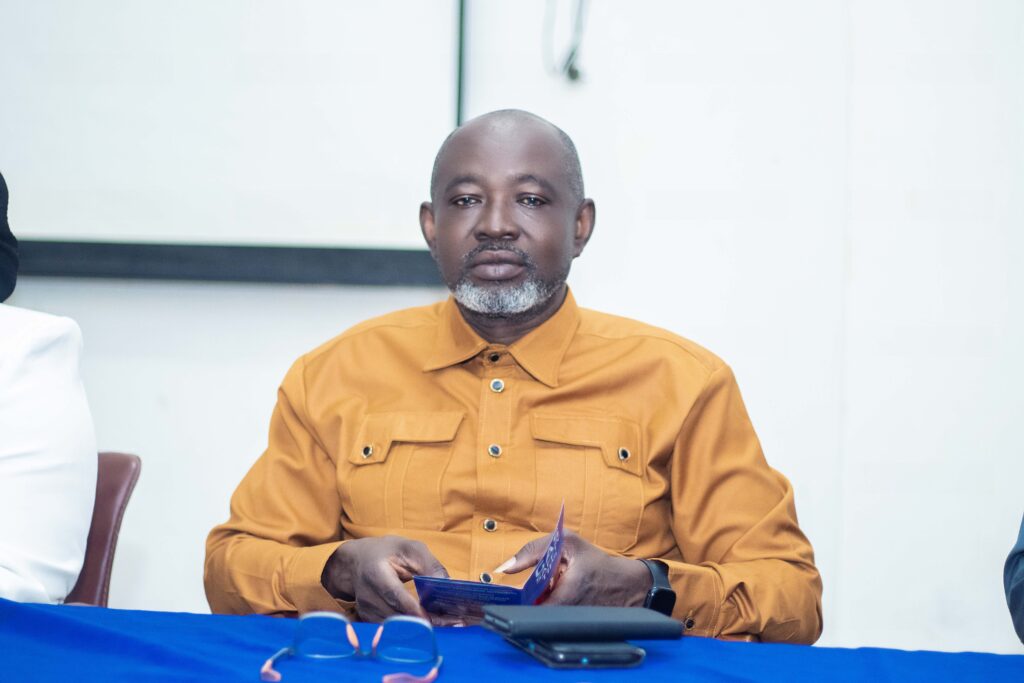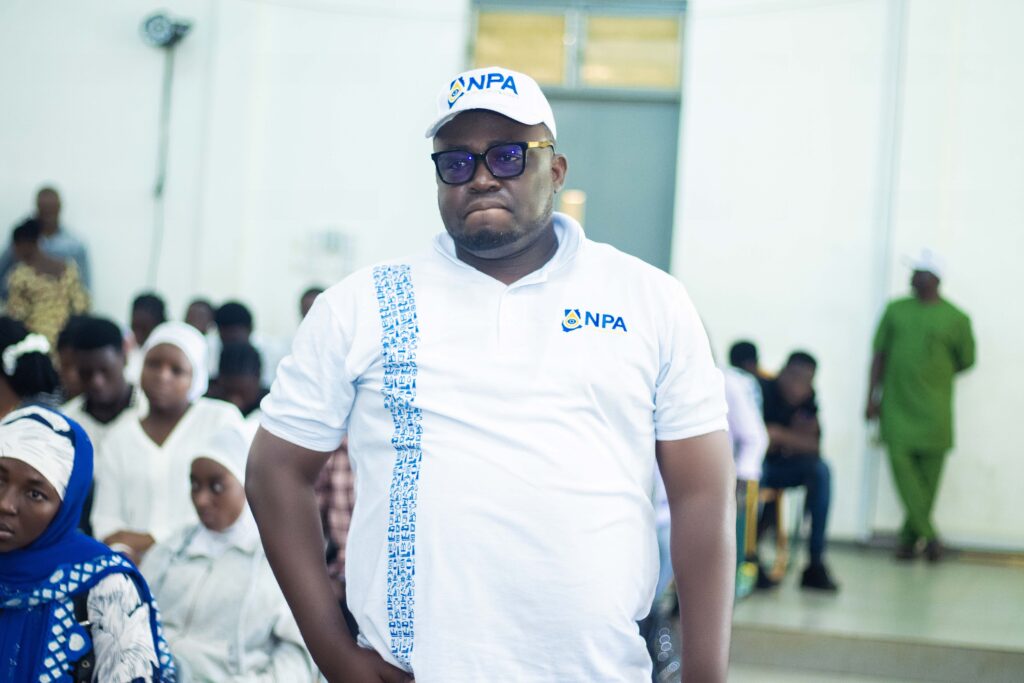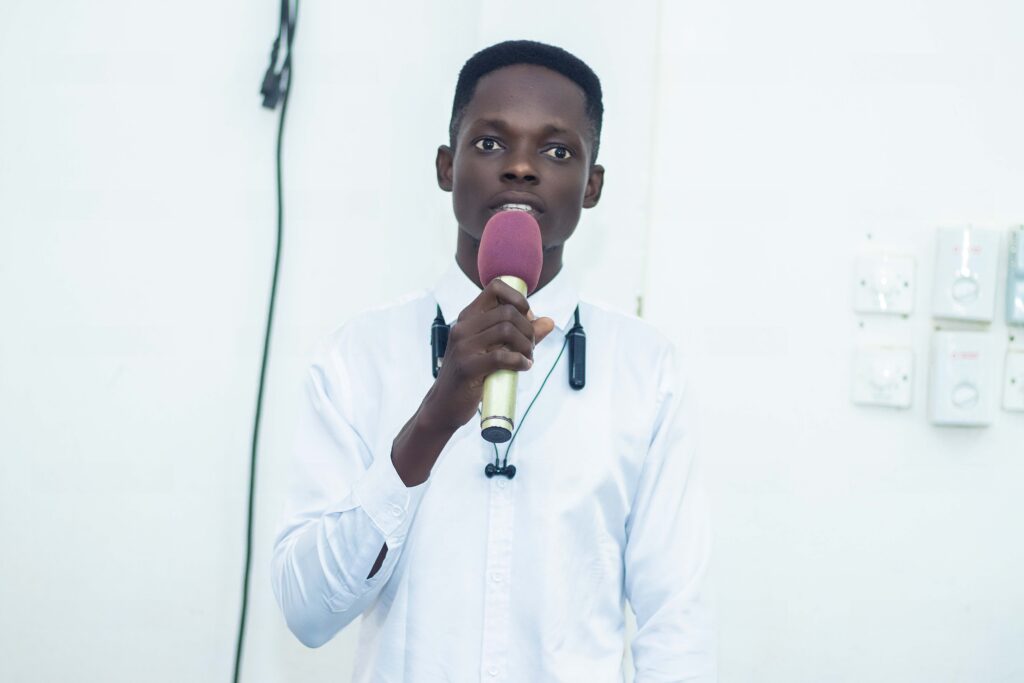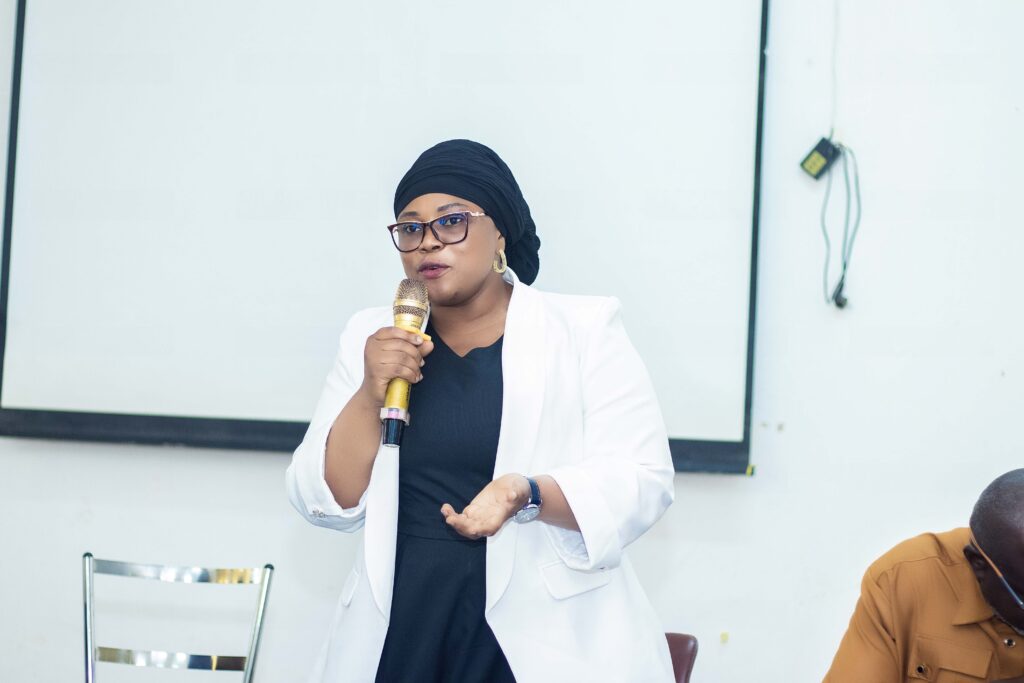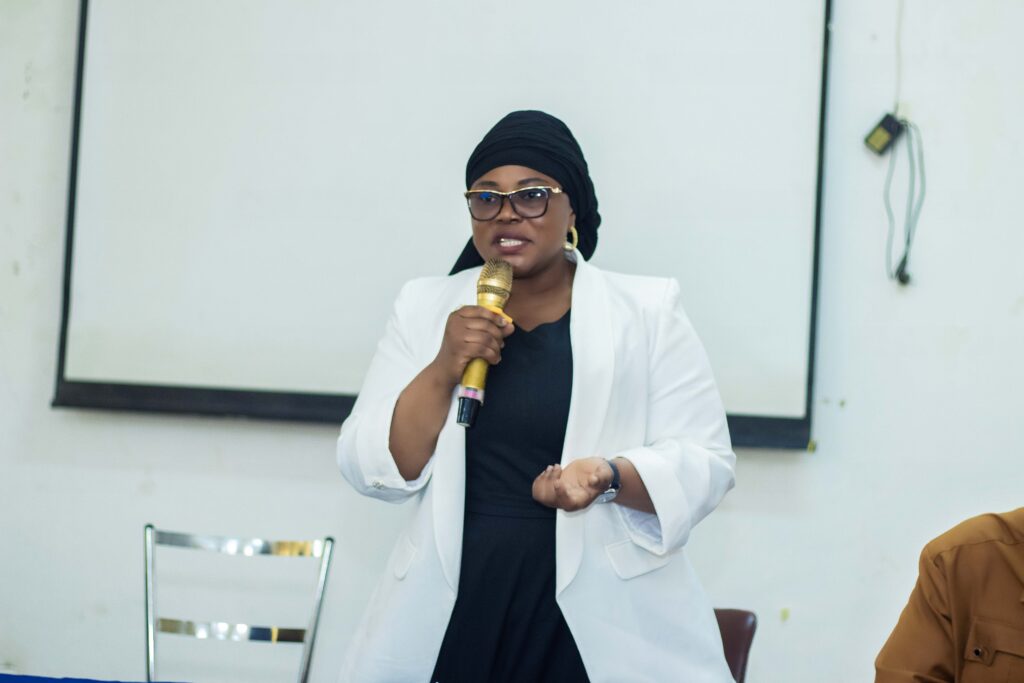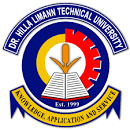As part of efforts to promote the safe and responsible use of Liquefied Petroleum Gas (LPG), the National Petroleum Authority (NPA) on Monday, August 18, 2025, conducted an interactive sensitization session with students and staff of Dr. Hilla Limann Technical University, Wa. The session focused on creating awareness about the benefits of LPG and educating the university community on best safety practices associated with its usage.
Welcoming the NPA delegation, the Vice-Chancellor of the University, Ing. Prof. Hamidatu Darimani, expressed her appreciation for the Authority’s initiative and emphasized the importance of such engagements in enhancing public safety and energy efficiency.
Mr. James Appiah, a representative from the NPA’s Consumer Services Department, delivered a presentation underscoring LPG’s role as a clean and efficient source of energy. He highlighted key safety precautions that users must observe when handling LPG, including:
- Always use cylinders and regulators certified by the Ghana Standards Authority.
- Place LPG cylinders in well-ventilated areas.
- Light the match before turning on the gas stove.
- Keep cylinders away from open flames or heat sources.
- Avoid using mobile phones near LPG cylinders.
- Refrain from using expired cylinders.
- Regularly check for gas leaks using soapy water—never use a match or lighter.
Participants were given the opportunity to ask questions, with concerns raised about the safe transportation of refilled cylinders, how to identify counterfeit cylinders, and the differences between LPG and medical gases. The NPA team addressed the concerns and encouraged the university community to become safety ambassadors in their respective homes and communities.
In her closing remarks, Prof. Darimani thanked the NPA for the eye-opening session. She suggested that the Authority consider setting up cylinder banks across the country, where people could safely rent or exchange cylinders, rather than risk keeping expired ones. She also appealed to the NPA for support in providing cylinders to the university and expressed interest in future collaborations.
